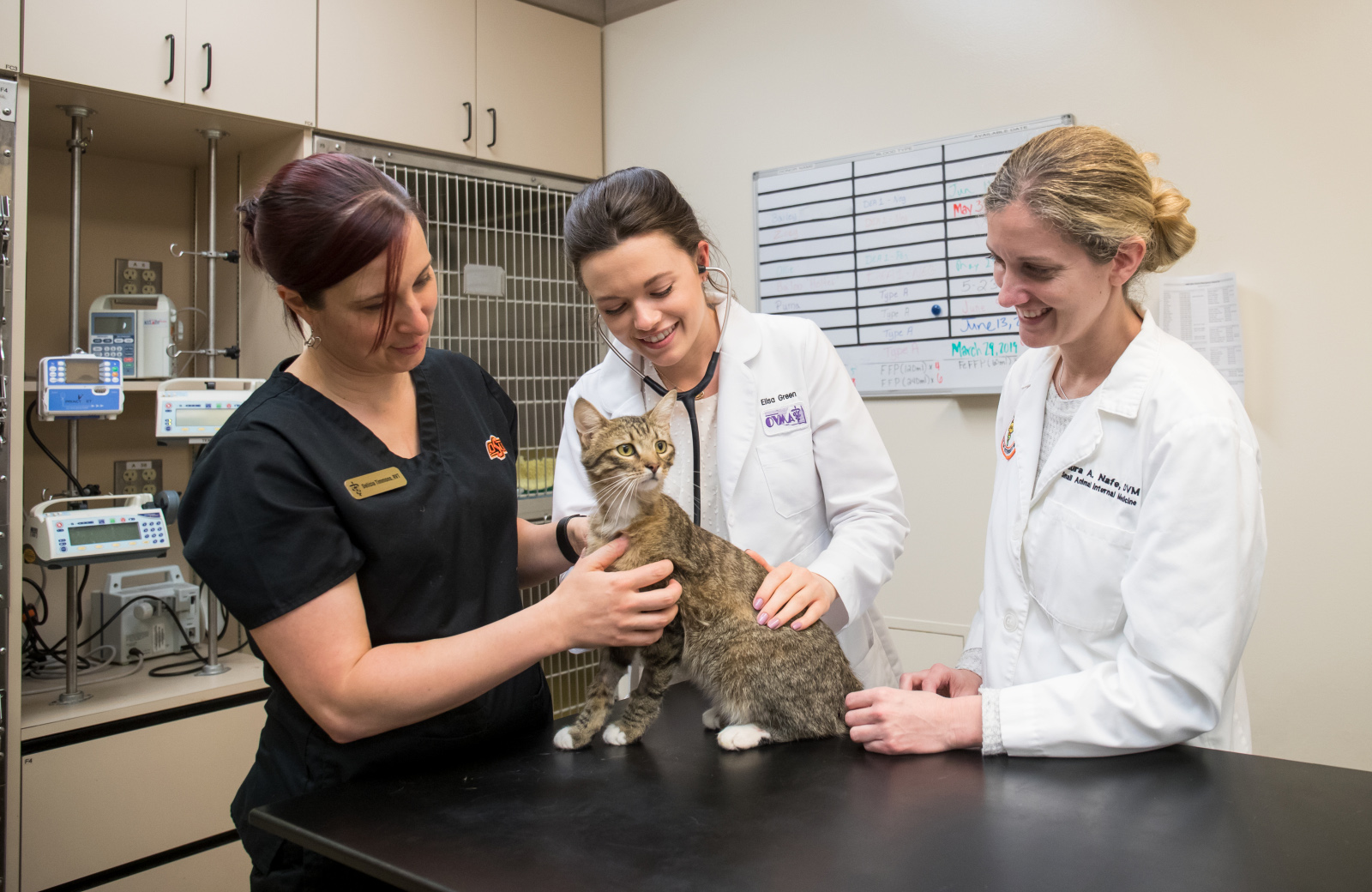
Although you might be thinking about becoming a veterinarian, you could also consider working with wild animals. These professionals are also known as zoological veterinary specialists. These veterinarians provide care for animals at a variety places, such as animal sanctuaries and museums. These veterinarians are less common than large-animal vets but they are highly skilled and may have excellent skills.
The Zoo veterinarians play an important role in conserving endangered species' health. They educate the public about conservation issues. The average salary for the American Zoo Vet is $78,258. But, it is possible to get a different salary depending on where you are located and whether your veterinarian runs a private clinic.
Zoological vets are usually responsible for performing physical examinations, treating injuries and providing medical care to animals. Zoo vets also work to prevent diseases and protect the animals from foreign illnesses. They might consult with other vets or specialists. Sometimes, the exotic animals they treat at the zoo are more than those in a small-animal hospital.

It is a rewarding career to be a zoological veterinarian. It takes a lot of patience and compassion. Although you may not be able to treat every illness, you can help keep animals from suffering from emotional stress. Your education is an important aspect of public life.
Before becoming a zoological veterinarian, you'll need to go through several years of training. The training includes a veterinary residency, a bachelor's in veterinary medicine and a veterinarian internship. To be certified as a zoological specialist, you must pass a rigorous two-day exam.
You will be able to learn about different types of animals during your training, including carnivores such as lions or amphibians. Zoo animals can get injured and sick in strange ways. Therefore, it is essential that zoological vets understand the behavior of different species. Zoo vets should be good communicators.
The field of Zoological Medicine is unique. This area incorporates many traditional vet disciplines. It is an extremely diverse field. For example, zoological medical technicians need to have an in-depth understanding of animal science, the natural climate, and the effects of disease on the animals they treat. Zoo vets also need to be aware of pathogens.

This profession is high-stakes so it is important that you find a place where you can study and practice zoological medicines. You should enroll in a program accredited by American College of Zoological Medicine if you are interested in a career in zoology.
Most programs for zoo-vets require a four-year degree. However, some veterinarians receive postdoctoral training. They usually complete a one year internship before returning to school to obtain a DVM. Zoo vets enjoy many benefits beyond a high-paying position, such as health insurance and vacations paid.
You must be licensed to work as a veterinarian in the United States to practice zoology. Veterinary licenses are issued by the board of veterinary medicine in the state where you reside. Once you have received your licensure, you will need to pass a two-day exam for the American College of Zoological Veterinarians.
FAQ
What food should I give my dog?
A healthy diet is essential for your dog.
Some foods that are high in protein include chicken, beef, fish, eggs, and dairy products.
Fruits, vegetables, legumes, bread, cereals and pasta are all high in carbohydrate.
Foods that are low in fat include lean meats, poultry, fish, nuts, seeds, and whole grains.
Before giving your dog different types or foods, it is a good idea to check with your vet.
Should I spay/neuter/neuter a dog?
Yes! It is vital to spay/neuter your dog.
It helps reduce unwanted puppies and reduces the risk for certain diseases.
Female dogs are more likely to get breast cancer than male dogs.
Testicular cancer is more common in males than it is in females.
Your pet's spaying and neutering will also stop her having babies.
How often do I need to groom my dog every day?
It is essential to groom your dog. Grooming your dog is important to keep his coat clean and healthy.
Dogs should be brushed twice per week. After each meal, you should brush your dog.
The best way to remove dirt and hair from your dog is to brush his fur. Brushing your dog's teeth will make him look more healthy.
Also, make sure to clean his ears.
What do I do if my dog bites another person?
You should first check that the animal you are being attacked is not rabid. If that is not possible, get help. You could be seriously hurt if you try to manage the situation yourself.
If the animal bites, but is not aggressive then you can take it to a vet clinic. Your vet will inspect the animal and recommend any further treatment.
In most cases, rabies shots are required. You should never administer them yourself. Only a qualified person should do so.
Should I get a puppy or a kitten?
Your personality will determine the answer to this question. Some people love kittens, while others prefer puppies.
In general, however puppies are more active, playful, and social than cats. Kittens sleep a lot, and they are very gentle.
Both types of animals require lots of attention from their owners. They will be able to grow quickly and require lots of care.
You will need to take them to the vet for regular checkups. Also, they will require regular medical checkups so you'll have to spend time taking them to see the vet.
Statistics
- Monthly costs are for a one-year-old female mixed-breed dog and an under one-year-old male domestic shorthair cat, respectively, in excellent health residing in Texas, with a $500 annual deductible, $5,000 annual benefit limit, and 90% reimbursement rate. (usnews.com)
- Reimbursement rates vary by insurer, but common rates range from 60% to 100% of your veterinary bill. (usnews.com)
- For example, if your policy has a 90% reimbursement rate and you've already met your deductible, your insurer would pay you 90% of the amount you paid the vet, as long as you're still below the coverage limits of your policy. (usnews.com)
- A 5% affiliation discount may apply to individuals who belong to select military, law enforcement, and service animal training organizations that have a relationship with Nationwide. (usnews.com)
- In fact, according to ASPCA, first-year expenses can sum up to nearly $2,000. (petplay.com)
External Links
How To
How to train a pet canine
A pet dog, or companion animal, is one that offers companionship and emotional support to its owners. It may also provide protection from predators and other animals.
A pet dog must be trained by its owners to perform certain tasks such as fetching items, guarding against intruders, obeying commands, and performing tricks.
The training period typically lasts between six and two years. The dog's basic obedience skills are taught by the owner, such as how to sit and lie down, get up when called, come when called, walk on commands, and roll over. The owner teaches the dog basic commands and how to manage his natural instincts.
The owner should also teach the dog to behave appropriately in unfamiliar situations and not bite other animals.